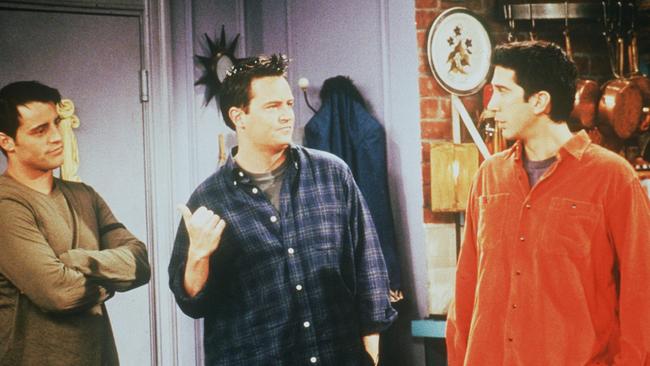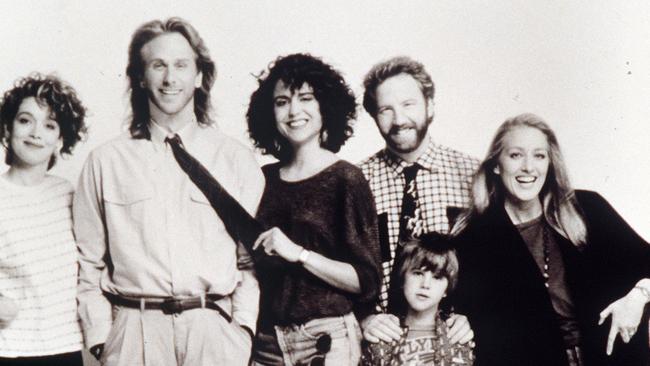
I have long been an admirer of Generation X (1965-1983), an entire generation of doers quietly getting on with life in contrast to the hype and bluster of their noisy neighbours, the older Boomers and younger Millennials. The term Generation X (popularised by author Douglas Coupland in his 1991 novel of the same name) describes a generation seemingly lost, in search of something, in the barren wasteland of the post-Boomer world. And yet these Xers knew exactly where they were headed and what they wanted out of life. You never hear of Xers in the generational squabbles; it’s always Boomers and Millennials. Why is that?
The Xer population was smaller than it could have been because of the impact of the contraceptive pill from the late 1960s, and also because economic turbulence in the 1970s reduced our immigration levels. This generation didn’t have the numbers to presume, let alone assert, cultural dominance. In any case, that kind of thing didn’t appeal to this “just get on with it” generation.
I have always regarded Generation X as a kind of mortar between the Boomer and Millennial Besser blocks of Australian cultural life. All generations must deal with change but perhaps none more so (in recent times) than the adaptable Xers. Older Australian Xers will remember the introduction of colour television in the ’70s, the introduction of Bankcard and Medibank and the arrival of US fast-food outlets. And their mothers were among the first women to go back to work after marriage and/or children; this factor alone did much to improve the quality of life at the household level. It also enabled young Xers to see the connection between shared parental work and family lifestyle rewards.
Others from this generation will recall the introduction of no-fault divorce in the mid-’70s. I think this, plus the embrace of further education, combined to enable Xers to do something that Boomers never did: push out the age at first marriage (or never marry at all).
Xers invented the concept of an almost tribal friendship circle extending throughout their twenties. They even had their own TV show called, naturally, Friends (1994-2004), which followed on the heels of the Boomer show Thirtysomething (1987-91).

A modern Australia was taking shape and Generation X was adapting without fuss or fanfare. What strikes me is that all this was developed largely with a culture of good humour. I’m sure there was anxiety and frustration, but it was never sufficient to dominate popular culture. Maybe Xers were too pragmatic to be dropouts. Maybe they never saw the need to overturn Boomer-inspired lifestyles – the yuppies and DINKs, the pursuit of a seachange or a treechange.
But Generation Xers left their mark in important ways. They colonised the inner city in vast numbers in the early ’90s, setting the scene for hipster Millennials, two decades later, to personally embellish this movement with their beards and bicycles.
Most Xers didn’t complain too loudly when tertiary education fees were reintroduced from 1989. Or when they toiled in the workforce under Boomer managers who benefited from the long boom following the early-’90s recession, only to be handed the reins around the time of the 2008 global financial crisis. Now, during the pandemic, it is Xers who are of an age to be worrying about jobs and teenage kids and saving for retirement.
It’s not a bad effort, when you think about it. Gen X exemplifies the kind of Just Do It culture we all need to give Australia the best chance of recovering in the 2020s.



